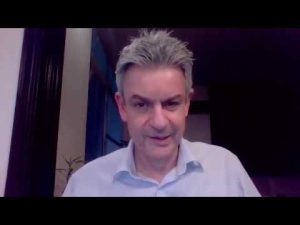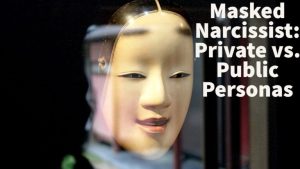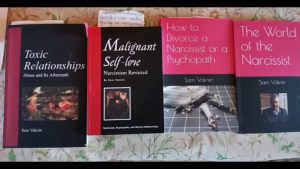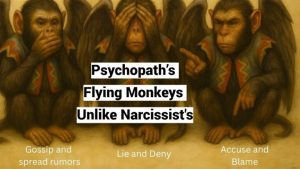Overview of Narcissist Speech
- The narcissist weaponizes language and speech to protect and enhance their grandiose self-concept, fend off shame, and recruit others as sources of narcissistic supply or intimate partners. [00:00]
Philosophical Framework: Kant and Aristotle
- Kant’s distinction of three types of speech: apodictic, problematic, and assertoric (assertorative) is introduced, with recognition that Kant’s categories were largely borrowed from Aristotle. [01:00]
- Assertoric speech asserts something and insists it is true but requires external verification to determine its truth value (e.g., “In Siberia, snow falls all year”). [03:30]
- Problematic statements express something that could be true but contain no way within the statement itself to prove it true or false; they convey possibility without certainty. [05:00]
- The difference between assertoric and problematic speech is the presence of doubt or humility in problematic statements, whereas assertoric statements insist on absolute truth. [06:30]
- Apodictic statements or judgments must be true or false by their nature and do not require external validation (e.g., “All triangles have three sides”). They are tautological and clarify pre-existing concepts. [08:00]
Truth Value and Verification of Statements
- Assertoric and problematic statements require external information for truth evaluation, while apodictic statements are self-evidently true or false. [10:30]
- Apodictic statements correspond to scientific proof, while dialectic statements correspond to philosophical reasoning. [11:30]
Statements About the Future and Undecidable Propositions
- Aristotle’s view: future-tense statements cannot have definite truth values because the future is inaccessible. Predictions about the future are either undecidable or meaningless until verified by future events. [12:00]
- Examples of undecidable propositions include existence of God and the nature of consciousness. [14:00]
- Statements about future singular events lack determinacy and their truth value is undecidable without actual occurrence. [14:30]
Application to Narcissist Speech
- Narcissists claim omniscience and omnipotence, presenting future-related statements as inevitably true and unbeatable promises, contrary to Aristotle’s view on future statements. [15:30]
- Narcissists avoid problematic speech and doubt; they exclusively use assertoric speech, insisting that their statements are definitely true without room for debate. [16:30]
- Narcissists often engage in apodictic speech by redefining and reframing known concepts, creating an illusion of innovation or genius without adding meaningful content (e.g., proclaiming obvious truths as revolutionary insights). [17:00]
- The hallmark of narcissist speech involves assertoric claims of absolute truth and apodictic-like presentations of old ideas as groundbreaking discoveries—typified by charismatic leaders and public figures. [18:00]
Timestamp Legend
- [mm:ss]: Minutes and seconds indicated from the transcript where specific information was discussed.






